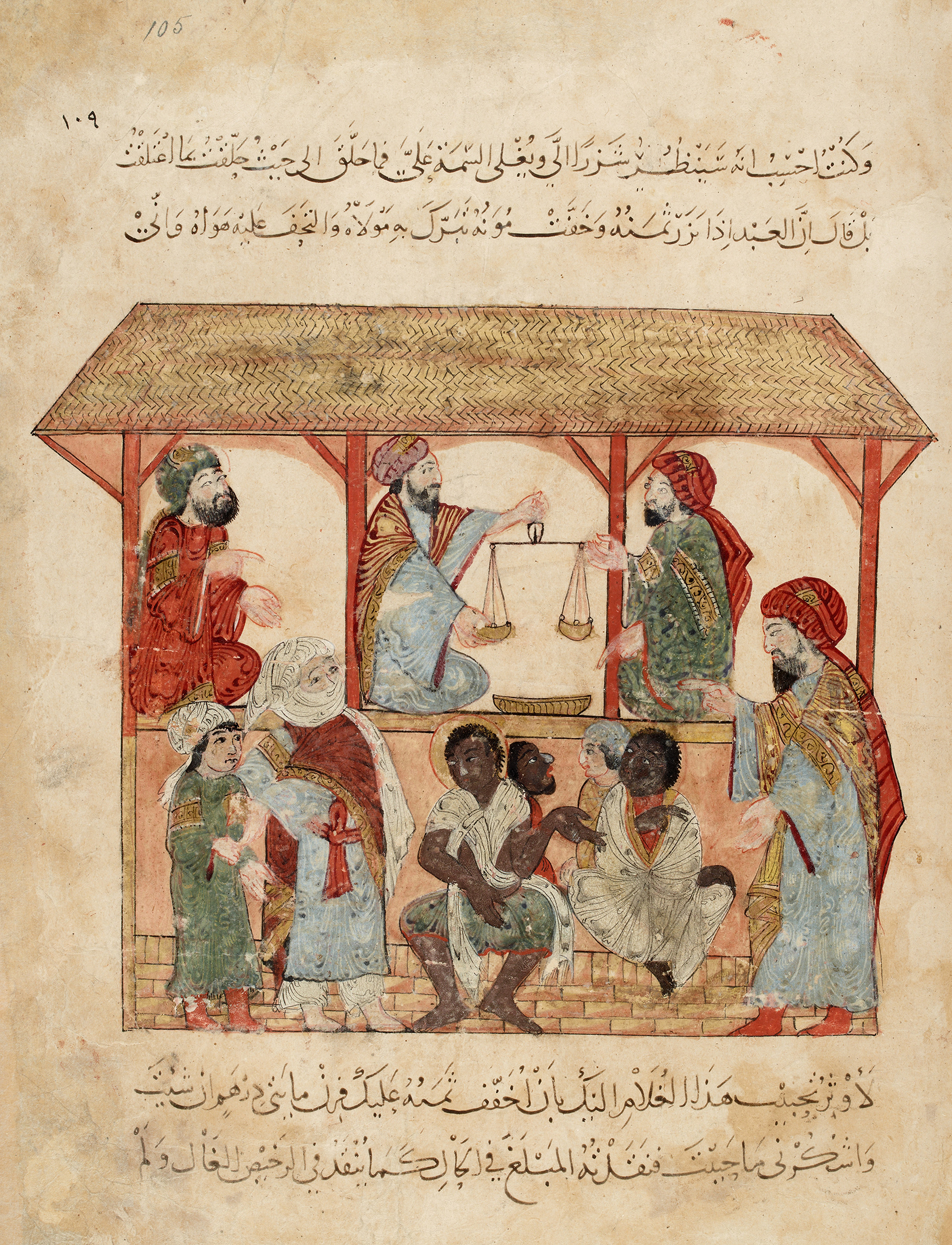
Islam, Race, and Anti-Blackness
How have the inhabitants of West Asia and Africa conceived of social and religious difference? This course will explore both past and present the social, cultural and political contingencies that gave rise to ethnic and racial identities within and beyond Muslim societies. How did these identities and categories change over time and in which ways were they impacted by slave trades, local, social and political factors, European colonialism and decolonization in the twentieth century? What are the terms and meanings attached to skin color, racial phenotype, and social difference in the Arabic, Persian, Urdu, Berber, Swahili, Songhai, Amharic, or Turkish speaking worlds? How are these meanings constructed and controlled? Who gave these categories meaning and why? What are the obstacles to discussing and identifying race particular to the histories of these regions, and their peoples? In order to answer these questions, the course will draw extensively on primary sources, historical research, as well as theoretical writings on race and ethnicity. Particular attention will be given to theories, and the social and cultural practices that have been used to justify racial domination and anti-blackness.
How have the inhabitants of West Asia and Africa conceived of social and religious difference? This course will explore both past and present the social, cultural and political contingencies that gave rise to ethnic and racial identities within and beyond Muslim societies. How did these identities and categories change over time and in which ways were they impacted by slave trades, local, social and political factors, European colonialism and decolonization in the twentieth century? What are the terms and meanings attached to skin color, racial phenotype, and social difference in the Arabic, Persian, Urdu, Berber, Swahili, Songhai, Amharic, or Turkish speaking worlds? How are these meanings constructed and controlled? Who gave these categories meaning and why? What are the obstacles to discussing and identifying race particular to the histories of these regions, and their peoples? In order to answer these questions, the course will draw extensively on primary sources, historical research, as well as theoretical writings on race and ethnicity. Particular attention will be given to theories, and the social and cultural practices that have been used to justify racial domination and anti-blackness.
- Teacher: Tariq al-Jamil
